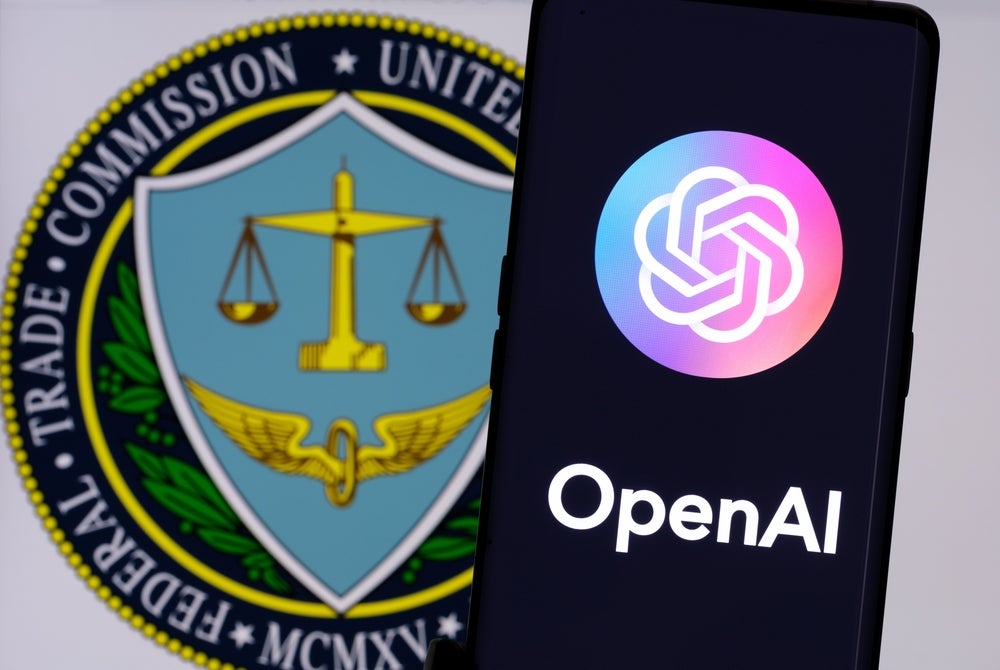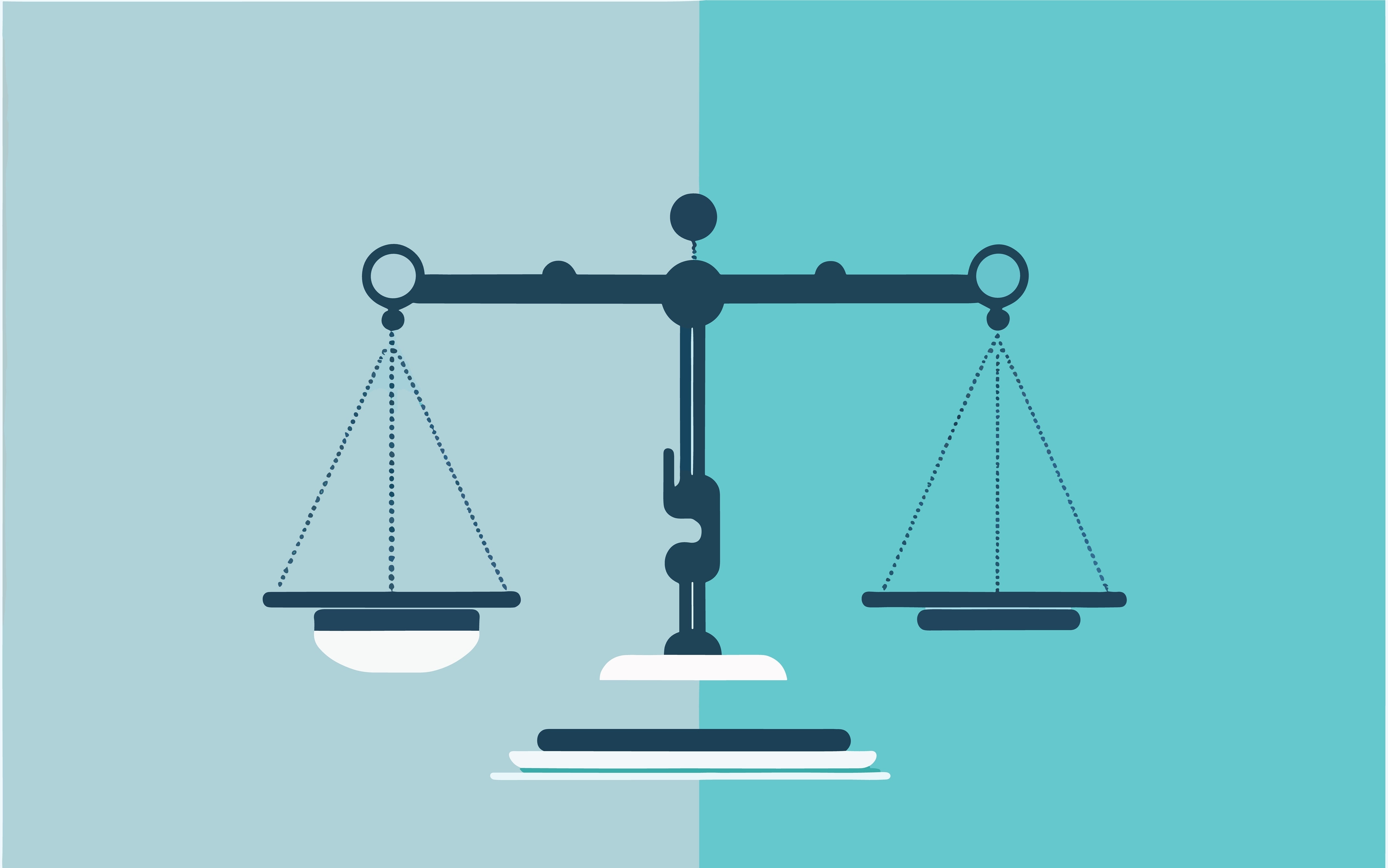Banner artwork by Mehaniq / Shutterstock.com
In a pivotal move reflecting the evolving landscape of artificial intelligence (AI) regulation, the Federal Trade Commission (FTC) has authorized the use of compulsory process in investigations into AI and generative AI products and services. Incorporating the issuance of civil investigative demands (CIDs) akin to subpoenas, this step marks a transition toward a more assertive regulatory approach in overseeing AI technologies.

The FTC's broad definition of AI, encompassing machine-based systems that influence both real and virtual environments, captures a wide spectrum of AI applications. This includes the increasingly sophisticated generative AI technologies capable of creating realistic synthetic content such as images, text, and audio.
This development is a clear indication of a regulatory shift that balances the rapid pace of AI innovation with the imperative need for consumer protection and ethical conduct.
This evolving regulatory framework presents both challenges and opportunities. It underscores the importance of staying informed and agile in a field where technology and regulation are in constant flux.
The FTC's resolution is a harbinger of a more nuanced regulatory environment, one that seeks to maintain an equilibrium between rigorous oversight and fostering the innovative essence of AI development. For in-house counsel and legal professionals, this evolving regulatory framework presents both challenges and opportunities. It underscores the importance of staying informed and agile in a field where technology and regulation are in constant flux.
This article explores the implications of the FTC's move, exploring its impact on the AI sector, the challenges it addresses, its alignment with global AI regulation trends, and the crucial role of ethics in AI development. This analysis aims to equip legal professionals with the insights needed to navigate this new frontier in AI, ensuring compliance and ethical utilization of AI in their respective organizations.
Expanded scope of the FTC's AI directive
The FTC's recent resolution to use compulsory process for AI and generative AI investigations marks a critical juncture in the oversight of AI technologies. By granting the authority to issue CIDs, the FTC has equipped itself with a robust tool, akin to subpoenas, for delving deeper into the operations of companies engaged in AI development. This significant enhancement in investigative powers is reflective of an increased commitment to scrutinizing the rapidly advancing AI sector.

More importantly, the FTC's broad and inclusive definition of AI — encompassing systems that impact both real and virtual environments — demonstrates an acute awareness of the diverse manifestations of AI. This wide-ranging definition is particularly consequential as it encompasses generative AI, a frontier in AI technology known for its ability to create highly realistic and sometimes indistinguishable synthetic content, including text, images, and audio.
The FTC's approach signals a paradigm shift in how AI advancements will be monitored and regulated. It represents a strategic response to the complexities AI technologies bring to consumer protection, ethical standards, and fair market practices. This move by the FTC is crucial in setting the tone for a balanced regulatory environment where innovation is encouraged but not at the expense of ethical considerations and consumer rights.
For legal professionals, especially in-house counsel, this shift presents a dual challenge: staying ahead in a rapidly evolving technological field while ensuring compliance with an increasingly stringent regulatory framework.
Impact on landscape of AI development
First, they must rigorously align their AI technologies with evolving consumer protection laws and ethical standards. This includes ensuring transparency, accuracy, and fairness in AI systems, extending beyond mere technical compliance to encompass a broader understanding of ethical AI deployment.

Second, they face the task of integrating these compliance measures into their innovation processes without stifling creativity and technological advancement. This environment necessitates a delicate balance between innovation and regulatory adherence, in which AI developers are compelled to be as proactive in their ethical considerations as they are in their technological pursuits.
The FTC's broader definition of AI, including generative AI, underscores the need for a more ethical approach to AI development. This regulatory framework encourages companies to consider the wider implications of their AI technologies, particularly in areas related to privacy, bias, and potential misuse.
Ethical AI by design
For the AI industry, this translates into a paradigm shift toward "Ethical AI by Design," in which ethical considerations are integrated into the development process from the outset. Such a shift may foster AI solutions that are not only technologically robust but also ethically sound and socially responsible. Moreover, the directive may serve as a catalyst for innovation within these new regulatory confines, prompting developers to create AI applications that meet both market needs and compliance requirements.
'Ethical AI by design' — integration of ethical considerations into development process of AI from the outset.
The ramifications of the FTC's directive extend to consumer trust and market confidence in AI technologies. By proactively addressing issues related to privacy, deceptive practices, and transparency, the FTC is effectively enhancing public trust in AI applications.
The directive may serve as a catalyst for innovation...prompting developers to create AI applications that meet both market needs and compliance requirements.
Additionally, the directive can be seen as a precursor to more comprehensive AI regulations in the future, thereby urging companies to anticipate and adapt to these evolving standards. In doing so, businesses can prepare for future regulatory environments, ensuring their AI initiatives are resilient, compliant, and aligned with public expectations and legal norms.
Practical steps for in-house counsel
In-house counsel play a crucial role in guiding their organizations through this new regulatory terrain. To effectively navigate these changes, there are several practical steps that counsel can take to ensure compliance and foster responsible AI use within their companies.
- Staying informed and proactive: In-house lawyers must keep abreast of the latest developments in AI technology and the evolving legal landscape. This involves regularly monitoring updates from the FTC and other regulatory bodies, as well as staying informed about new AI technologies and their potential legal implications. Attending conferences, participating in legal tech forums, and engaging with AI experts can provide valuable insights into both the technological and regulatory aspects of AI.
- Developing and implementing AI compliance programs: A key responsibility for in-house counsel is to develop comprehensive AI compliance programs. These programs should address the entire lifecycle of AI systems, from data collection and processing to the deployment of AI models. Compliance programs must ensure adherence to ethical guidelines, transparency in AI operations, and mechanisms for addressing bias and discrimination. This also involves creating clear policies and procedures for AI governance within the organization.
- Conducting regular risk assessments: In-house lawyers should conduct regular risk assessments to identify potential legal and ethical risks associated with the use of AI in their organization. This includes assessing risks related to data privacy, security, and potential misuse of AI. By identifying these risks early, lawyers can work with their teams to mitigate them before they become significant issues.
- Training and educating staff: Educating employees about the legal and ethical implications of AI is essential. In-house counsel should ensure that staff, especially those involved in AI development and deployment, are trained on the relevant laws, regulations, and ethical considerations. This includes understanding the implications of the FTC's broad definition of AI and the importance of compliance with these new regulations.
- Collaborating with AI development teams: In-house lawyers should work closely with AI development teams to integrate legal and ethical considerations into the AI development process. This collaboration can help ensure that AI systems are not only legally compliant but also aligned with the organization’s ethical standards.
- Preparing for FTC inquiries: Given the FTC’s increased investigatory powers, in-house counsel should prepare for potential inquiries or investigations. This includes understanding the process of responding to CIDs and having a response plan in place.
- Advocating for ethical AI: In-house lawyers have a unique opportunity to advocate for the ethical use of AI within their organizations. This involves pushing for practices that go beyond mere legal compliance, aiming to set a standard for responsible AI use that reflects the organization’s values and commitment to social responsibility.
By taking these steps, in-house lawyers can play a pivotal role in ensuring that their organizations not only comply with the new FTC regulations but also lead the way in ethical AI development and use.




